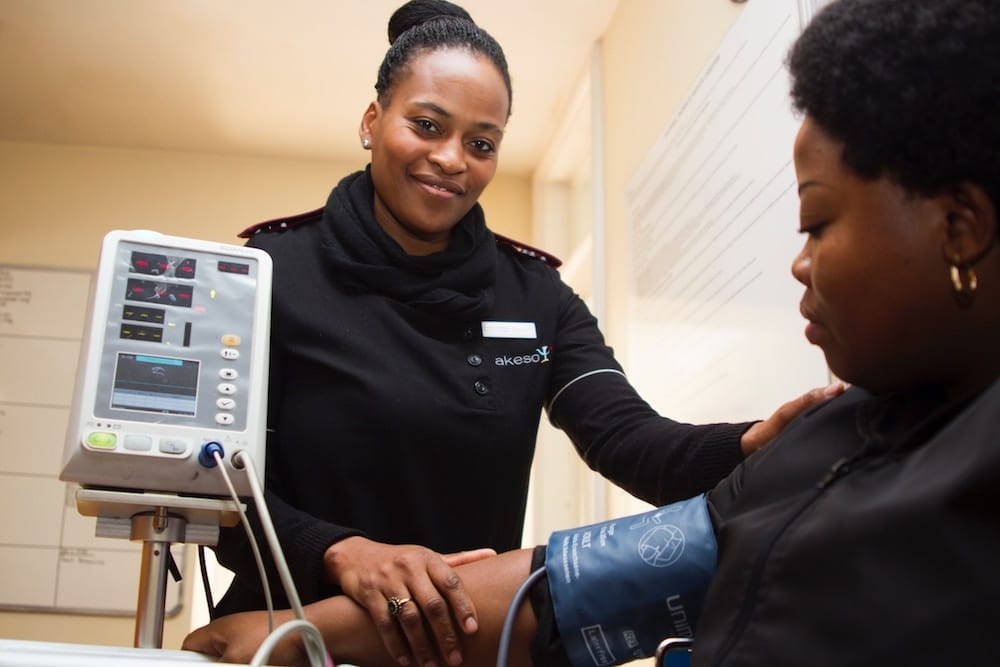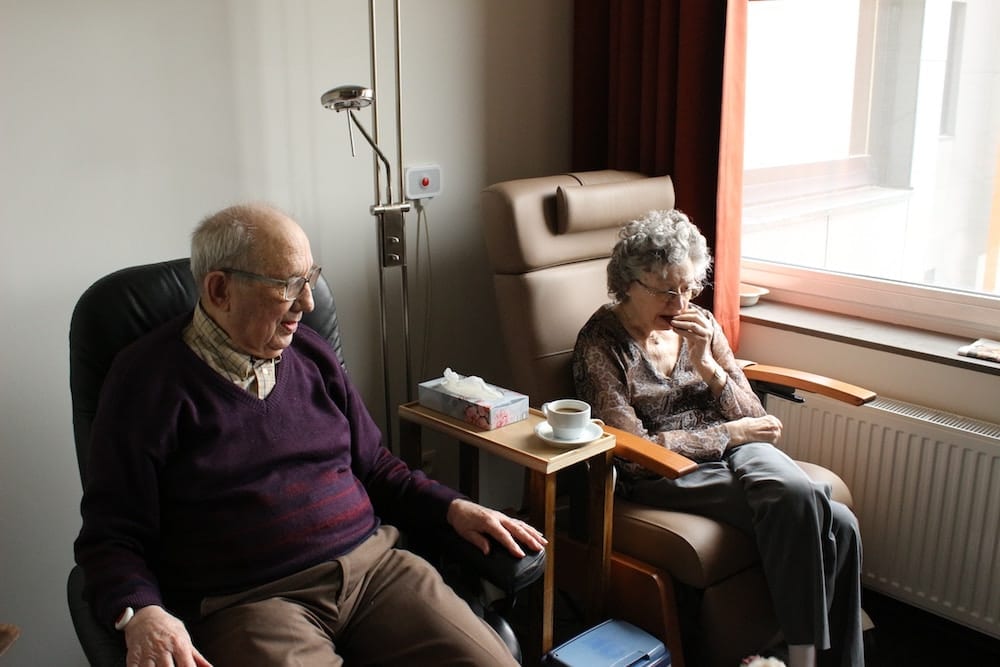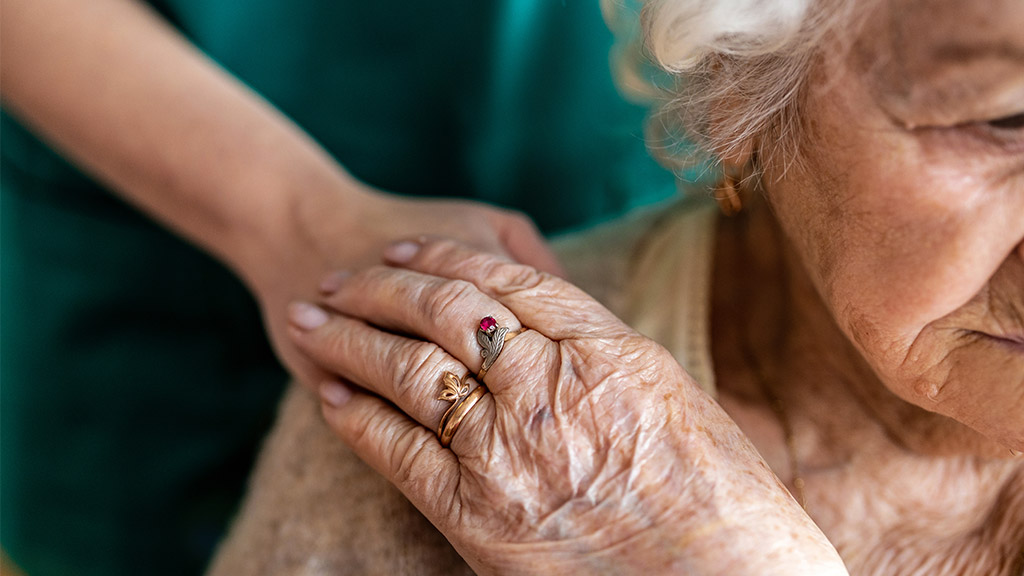Deciding on a Residential Aged Care Facility is an incredibly tough, yet very important decision to make. People often find themselves overcome by the options, and without the guidance to be able to make an informed choice. Here are the top seven things to consider before choosing an aged care facility.
1. Have you been assessed by ACAT (Aged Care Assessment Team)?

First, you need an assessment by an ACAT (Aged Care Assessment Team) to work out what you are eligible for. This is the only document that will allow the process to start with an aged care facility or home care that is government funded. Be aware that this may take weeks unless there is an emergency for yourself or relative. Even if your loved one is in hospital, the social worker or yourself can arrange an Emergency ACAT.
DID YOU KNOW: It is often difficult to find a good residential aged care facility but it helps if you accept an offer as “respite with a view to Permanent placement”. rather than “Respite Only. If you say “Respite Only” the facility isn’t as keen to accept you. You can still leave the facility if you don’t like it, but you have time to consider other options.
2. The costs and your finances

There’s no point visiting a facility that is out of your price range. So start by assessing the costs of each aged care facility and your financial situation, and be realistic about your finances. Find out the RAD (Refundable Accommodation Deposit) and DAP (Daily Accommodation Payment) at each facility. Then compare this and the gap you may have to pay. You might need a financial advisor to assist you with this process, but we’ver put together some hard facts and stark dollar signs for you to think about.
3. Staffing ratios and training

Any Residential Aged Care Facility needs sufficient staff to care for the patients. But just asking how many trained Registered Nursing staff are on duty may not indicate the level of care. Make sure you check the management are not included, or the kitchen, cleaning staff, administration or gardeners. You want to know the number of trained nurses and the number of nursing staff who will actually be available to care hands on for the resident.
There is no legislation currently in aged care facilities. However, in Victoria, the Safe Patient Care Act has been introduced, and this suggests the safe care ratio should be:
- Morning shift: one registered nurse for every seven residents
- Afternoon: one registered nurse for every eight residents
- Night shift: one registered nurse for every 15 residents
In Dementia Specific areas the ratio suggested is higher.
It’s also good to ask about the training staff receive. Six weeks of an online course is generally not good enough for your parent or loved one.
4. Your first impression – cleanliness, access, overall culture, meals

The facility should prioritise the needs of the residents over profit. Here are some questions to get you started:
- Do the staff and residents look content?
- Is there good access for family and friends to visit?
- Is there easy access to outside for fresh air and sunshine?
- Is the facility clean and pleasant to be in?
- Are the residents encouraged to partake in the activities each day?
- Are there outings and bus trips, shopping options, hairdresser, etc?
- Are the meals made on site – make sure you have a look at meal time – are they appetising?
- Is there flexibility with menu and time of eating?
- Can the resident (Doctor approved ) consume alcohol, have a drink with dinner or a favourite beverage?
- How do staff manage residents who want to get up earlier/later or go to bed at a different time?
- How do staff find about and provide for personal things that contribute to residents’ wellbeing?
- What activities are available that can contribute to a residents sense of purpose ( particular in dementia areas?)
- Are residents allowed to take risks, for example going for a walk or making themselves a cup of tea.
- What is available to eat in between regular meal times and is what is available nutritious?
- Is there interaction with local community members of various ages to provide social connection, and a chance for the residents to give back?
5. Equipment to support residents

A good Residential Aged Care Facility will have equipment to support ageing and manual handling – lifters, electric beds, sensor mats and trained staff to support the client and staff safety. We know that when staff are happy, residents are happy.
Use the following questions are a guide:
- What do they offer to prevent falls apart from lowering the bed?
- Do they provide sensor mats for both the bed and chair so that the staff is alerted that your loved one is up and about?
- How often through the night do they do rounds of the facility?
- Have the staff been trained adequately to use the equipment and is there a NO LIFT policy implemented and encouraged in the facility?
- What about physiotherapists and occupational therapists – what access to these services is there and how often do they come?
6. Special care for dementia

There are a few extra considerations if your loved one has dementia. These include:
- Are the Dementia patients given separate care in a secure place?
- Is there a program to give them specific stimulus to support their needs?
- What is the ratio of staff to residents in this area?
- How are the other residents supported when and if the dementia patients are integrated or around the other residents?
- Does everyone feel safe? This extends to the environment. A red carpet with green swirls on it will look like a whole of snakes to someone with dementia.
The right Residential Aged Care Facility needs to be calming, quiet, reliable, and familiar for your loved one.
7. What do they offer for End of Life?

Use these questions as a guide to understanding their approach to end of life for residents;
- Do they allow for your loved one to have a private room if they are in a share situation when the time comes?
- Do they allow you 24/7 access to your loved one?
- What do they provide/offer for comfort care? What are you expected to provide?
- Are management and staff familiar with Advance Care Plans and do they follow them?
- Do they have a system at check-in so everybody knows what you, the family, and your loved one want to be done if there is a sudden deterioration in health?
Hopefully, these key considerations will help you in choosing a Residential Aged Care Facility. While there is no such thing as a perfect place, with some research and intelligent questions you will be able to find the facility that best fits your needs for your budget and situation. More questions for you here.






















